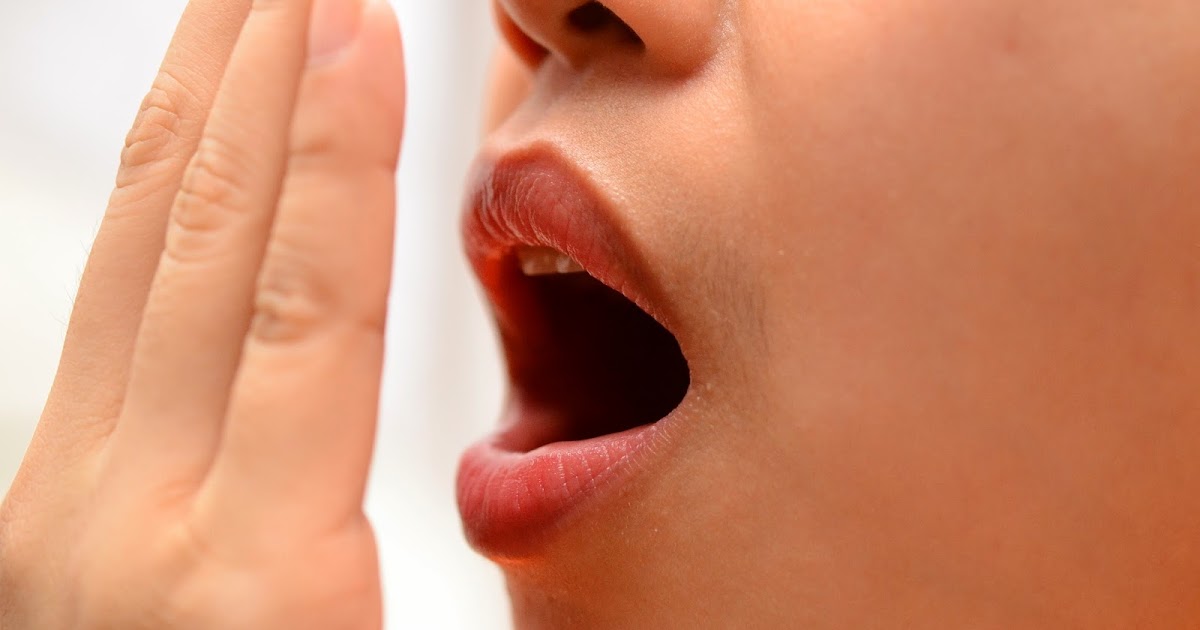Common Indicators Of Rumination Syndrome
Rumination syndrome is a functional gastroduodenal disorder characterized by an individual who inadvertently and repeatedly spits up or regurgitates partially digested food from the stomach. The patient chews it up again, and then they either spit it out or re-swallow it. The cause of rumination syndrome is not always clear, but an increase in pressure within the abdominal area is known to play a role. When an individual's rumination syndrome goes untreated, damage to the esophagus may occur. Rumination syndrome may be diagnosed with a physical exam, behavioral observation, or a high-resolution esophageal manometry and impedance measurement. Behavior therapy is often used to treat this disorder by teaching the patient to recognize when rumination happens and how to implement breathing exercises during those occurrences. Medications are also commonly used to treat problematic complications of rumination disorder such as esophageal damage. Various symptoms may indicate an individual has rumination syndrome. Learn about them now.
Bad Breath

Bad breath or halitosis is best described as when an individual's breath smells unpleasant or foul regularly. The regurgitation of food in rumination syndrome patients happens shortly after ingesting the food. This means the food has been chewed up and mixed with saliva containing an enzyme called amylase. As the food is swallowed, the enzymes in the saliva continue the digestion process until the food reaches the stomach. Stomach acids are then secreted in response to the expansion of the stomach wall. Before enough stomach acid is produced, the food stays within the range of plant enzyme breakdown. This range means the degree of digestion sustained depends on how many raw plant enzymes are present. Regardless, the regurgitated food will have been digested to some degree. Enzymes in the saliva, food, and stomach are still present in the partially digested food. When the food is re-chewed, these enzymes populate the mouth on the tongue, between the teeth, and in the throat. Because of frequent regurgitation, the oral cavity will always have more digestive components present than it should. This excess is what causes the rumination syndrome patient to have persistent bad breath.
Get more details about the warning signs of rumination syndrome now.